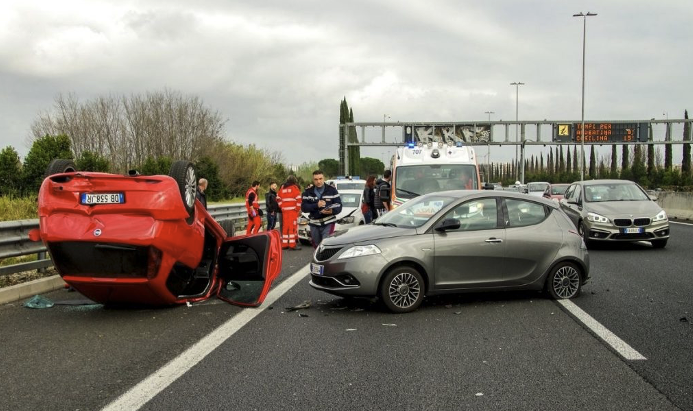
When a driver kills someone else due to their careless or reckless driving, they face the serious charge of vehicular manslaughter. Numerous circumstances, such as driving while intoxicated (DUI), driving while distracted, or breaking fundamental traffic safety regulations, might result in this kind of infraction. Depending on the specifics, vehicular manslaughter may be tried as a felony or a misdemeanor, carrying penalties that range from heavy fines to long jail terms.
Depending on whether the charge is classified as a felony or a misdemeanor, the consequences of vehicular manslaughter charges might differ significantly. A misdemeanor conviction carries a maximum sentence of one year in jail, whereas a felony conviction carries a maximum sentence of numerous years behind bars and a hefty fine.
Although facing a vehicular manslaughter prosecution can be intimidating, there are several legal defenses that could lessen the severity of the verdict. The first step however is to find a good attorney to fight your case.
Your lawyer can contend that the evidence against you is not trustworthy. For example, there may be errors in accident reports or inconsistent eyewitness evidence. A defense attorney may contest the reliability of the breathalyzer or field sobriety tests that were used to charge you if the case involved a DUI.
One could contend that there was no carelessness or recklessness involved in the accident. In a case involving vehicular manslaughter, unexpected circumstances like mechanical breakdown or medical emergency may be admissible defenses.
In certain circumstances, your attorney may work out a plea agreement to drop the vehicular manslaughter charge in favor of a less serious one, such as reckless driving. Plea agreements are frequently utilized to spare the offender from the worst penalties and enable them to serve shorter sentences or pay lesser fines.
In the case of DUI, a defendant may testify that his apparent intoxication or reckless driving was caused by a medical emergency or pre-existing condition rather than by drugs or alcohol. Even though a medical issue can disprove a prosecutor's argument that a defendant was intoxicated, if a person chooses to drive despite an established medical condition and that choice is deemed negligent or reckless, they could still face vehicular homicide charges.
In cases involving vehicular manslaughter, defense attorneys frequently try to disprove incriminating evidence, including test results demonstrating that the accused person was operating a vehicle with a blood alcohol content higher than 0.08. A defense lawyer may contend that such evidence ought to be disregarded because it was gathered in a way that violated the defendant's rights under the constitution or because the authorities failed to follow the proper protocols for gathering it.
As quickly as possible, you should speak with a lawyer if you are being charged with vehicular manslaughter. A skilled criminal defense lawyer can assess the evidence's advantages and disadvantages, outline your options, explain potential defenses, and assist you in gathering evidence to back them up. Getting a dismissal, entering a guilty plea in exchange for a particular penalty, or proceeding to trial are some examples of these alternatives.